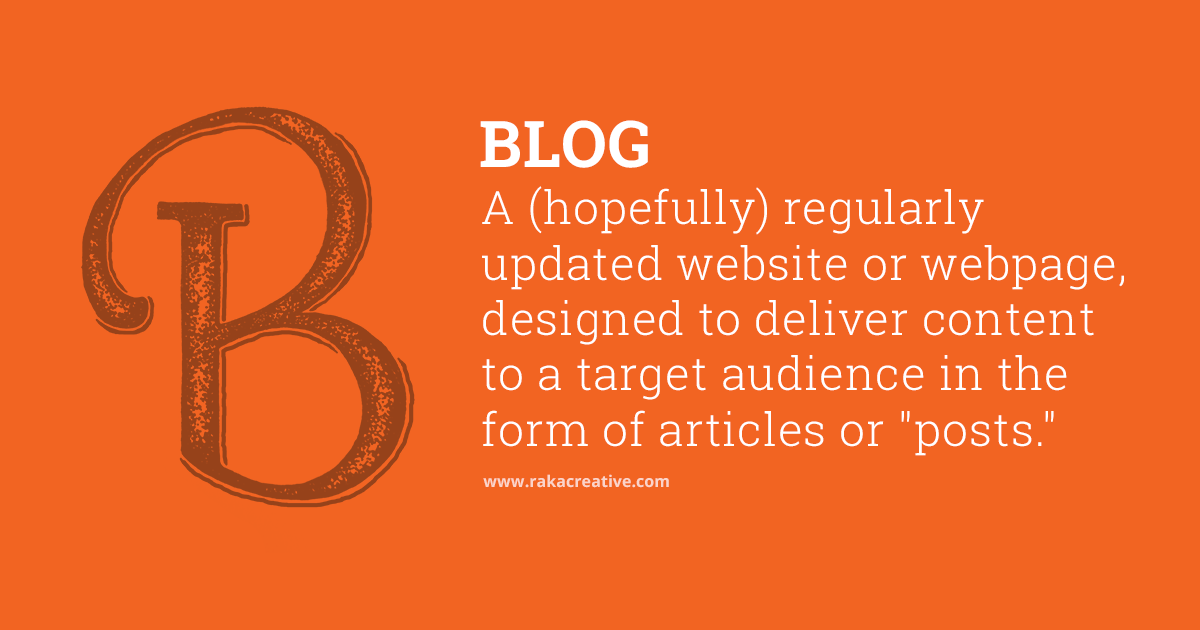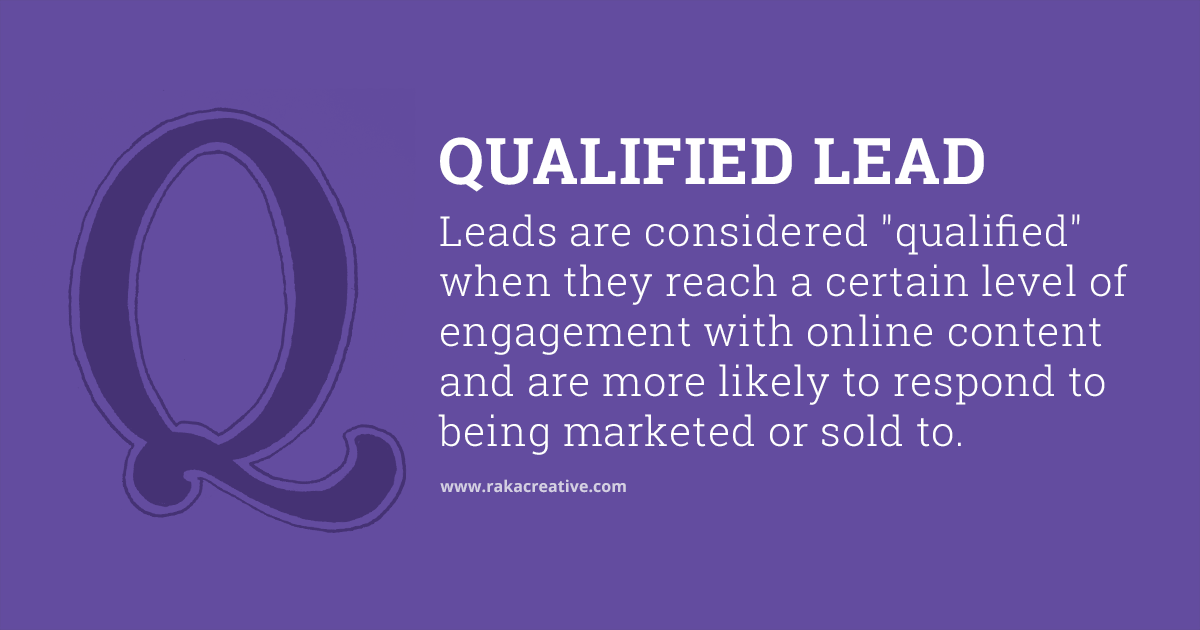Blogs are the beating hearts of any inbound marketing effort, and as you can tell by this blog post, we’re very fond of them. Here we get at the heart of the humble blog and why it’s essential.
Tell me more
A blog always fits the bones of the definition above, but like the noble mimic octopus, it can take many different shapes and forms. The beautiful (and sometimes unsettling) thing about a blog is that no one agrees on an ideal form.
There’s disagreement over what the tone should be, which will vary by industry regardless, as well as everything from the cadence to the organization. At its core, though, a blog is a vehicle for delivering valuable content to the audience of your choosing. It should be one of the key items in your toolbox when it comes to inbound marketing. The length of each blog post matters much less than the value of what you’re saying, and if you understand what the value of your brand is and what your audience cares about, you are ready to blog.
Also, if you’re looking for more inbound marketing knowledge, check out our page about inbound definitions.
Whatever your personal definition may be, your blog should generally be the following things:
- A place to develop and share useful, original content
- Optimized for the keywords and concepts you want to be found for
- Updated on a weekly basis, if possible
- Relevant to your industry and/or brand
- Well-written, insightful, and (if that’s your brand) fun
Why a blog is important to marketers
A blog is, we firmly believe, a marketer’s best friend. It’s the ideal place to produce content you want to be known as an expert for, a great way to expand and engage your audience, and a natural for driving leads and nurturing existing leads online.
Consider a visitor to your website from organic search, who locates you based on a core product (a camping tent, let’s say) that you sell. They land on a smart blog post optimized for that term, one that talks about what makes for high-quality tents, and they learn a little more about what they should be looking for as they decide on a purchase.
Intrigued by your excellent content, they click your attractive call-to-action for a Summer Camping Trip Checklist and fill out the form. Lo and behold, you now have their contact information and the ability to keep them engaged as you nudge them toward a sale. That blog post will more than pay for the time you put into it. In other words, if you’re doing the research you need to ahead of time, it’ll cut down on the time you need to write a good blog post.
A key challenge you’ll need to overcome is the persistent negative connotation in some quarters to the word “blog,” especially if you move in the worlds of high finance, law, or sports. In these and other sober pursuits, the format is often looked down upon in comparison to scholarly articles and established media. One way to deal with it? Pitch management and clients on the benefits outlined by HubSpot, which include 67% higher lead totals for those who blog than those who do not, and ROI that’s likely 13 times better than that of a non-blogging company.
Blogs have bountiful benefits, is what we’re saying, and you should be using one.
If you skimmed this post…
…then you still probably could benefit from a little blog knowledge. Ideally, your blog is a regularly updated website or page that delivers content to target audiences and is often written informally. If done right, it is your site’s content hub and a great read.






